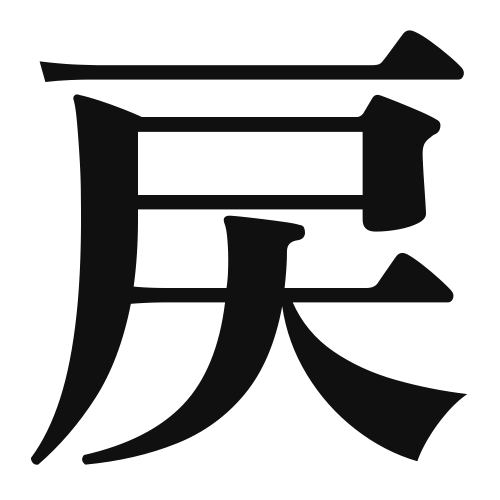1. Overview of Meaning
The kanji “戻” (modoru) means “to return” or “to go back.” It conveys the idea of reversing direction or returning to a previous state or place.
2. Formation and Radical
Formation of the Kanji: The kanji “戻” is a compound character (会意文字) that combines elements to convey its meaning. It consists of the radical “止” (to stop) and the character “木” (tree), symbolizing the idea of stopping at a tree or returning to a point of origin.
Radical: The radical of “戻” is “止” (shi), which relates to stopping or halting.
3. Examples of Usage
Common Words and Phrases:
- 戻る (modoru) – to return
- 戻り (modori) – return
- 戻す (modosu) – to put back
Example Sentences in Daily Conversation:
- 家に戻ります。 (Ie ni modorimasu.) – I will return home.
- 本を戻してください。 (Hon o modoshite kudasai.) – Please return the book.
4. Synonyms and Antonyms
Similar Kanji:
- 返 (hen) – to return (often used in the context of returning something to its owner).
Opposite Kanji:
- 進 (shin) – to advance or proceed, which conveys the opposite meaning of going back.
5. Cultural and Historical Background
Relation to Japanese Culture: The concept of returning is significant in Japanese culture, often associated with the idea of coming back to one’s roots or origins. This is reflected in various cultural practices and beliefs.
Proverbs and Idioms:
- 「戻ることは進むことの一部である」 (Modoru koto wa susumu koto no ichibu de aru) – “Returning is part of advancing,” emphasizing the importance of reflection and learning from the past.
